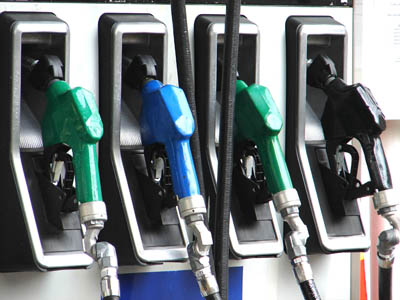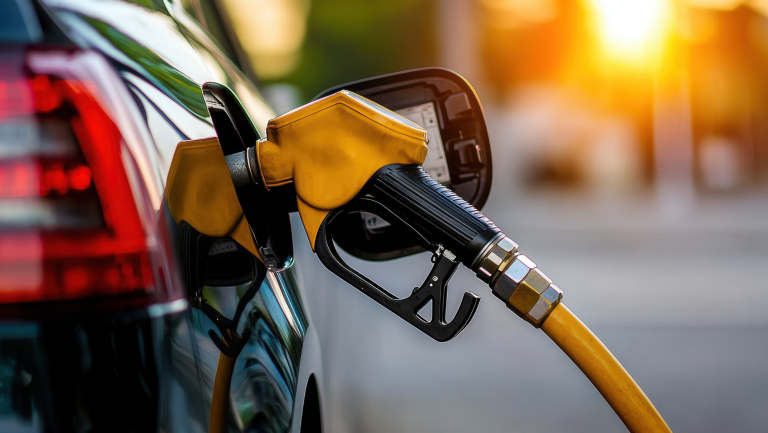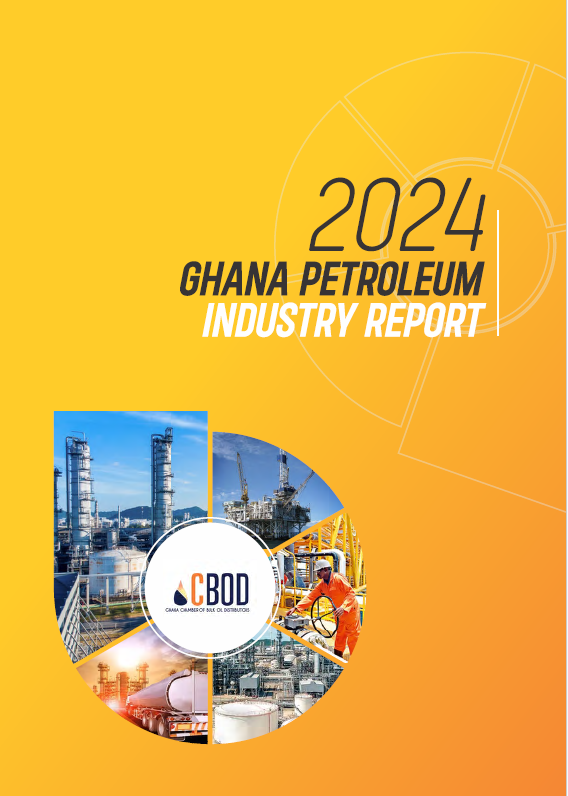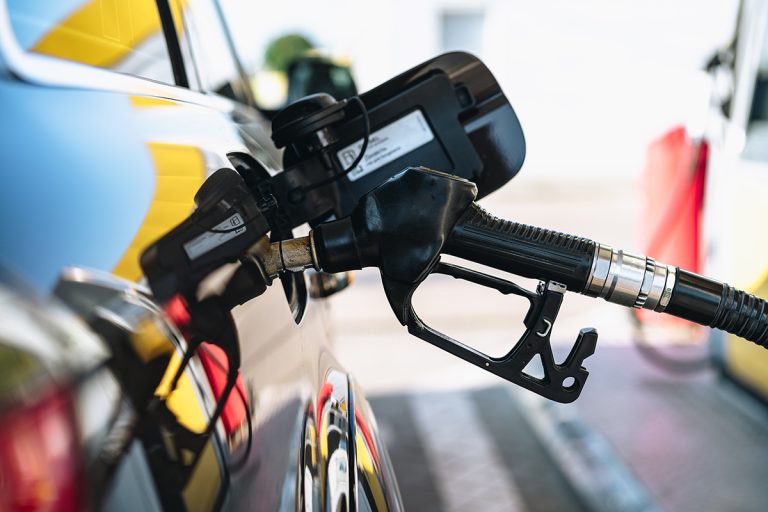Taxes are the main source of revenue for government. Proceeds from the tax collection are used to undertake government policies and to meet expenditure and other budgetary requirements.
Petroleum products are no exception from tax impositions as such various taxes, levies and margins are imposed on petroleum products before it is passed down to the consumer. Data shows that total taxes, levies and margins constitute 49%-51% of the ex-pump price.
The table below outlines the various taxes charged on petroleum products sold at the pumps.
| LEVY | PURPOSE |
| ENERGY DEBT RECOVERY LEVY
|
To facilitate the debt recovery of the Tema Oil Refinery, downstream petroleum sector, foreign exchange under recoveries and power generation and infrastructure support |
| ROAD FUND
|
To support road maintenance |
| ENERGY FUND
|
To support Energy Commission activities |
| PRICE STABILISATION AND RECOVERY LEVY
|
To be used as buffer for under recoveries or subsidies or to stabilize petroleum prices for the consumer |
| UPPF | To ensure parity in prices regardless of cost differential incurred due to location |
| MARKETERS MARGIN | Represents the gross earnings due an OMC for every litre sold |
| FUEL MARKING MARGIN | To pay for the marking of petroleum products to prevent tax revenue loss, smuggling, adulteration of petroleum products. |
| BOST MARGIN | To be used to cover the maintenance and operating cost of petroleum product depots and to undertake expansion programs of the depot |
| DEALERS MARGIN | The gross earnings due a Petroleum Retailer operating an OMC |
| PRIMARY DISTRIBUTION MARGIN | To offset cost incurred in moving products from the coastal depots to in land depots |
| SPECIAL PETROLEUM TAX (15% of Ex-Depot price) | As part of VAT reforms |
Source: Energy Sector Levies Act 2015 and National Petroleum Authority Regulations, 2012. (L.I. 2186)
The Ex-pump price is calculated as follows:
Ex-ref price (based on import parity) = CIF + Other related charges
Ex-Depot price= Ex-ref price+ Levies/Taxes
Ex-pump price= Ex-Depot price+ Marketing margins
In a deregulated regime, the NPA can do little to manipulate prices, therefore the consumer is exposed to the full effects of the forces of demand and supply in the market. However the taxes, levies and margins may be reviewed to alleviate the burden on petroleum consumers.
By: Dennis Newton Dei-tutu
Research Analyst
CBOD





